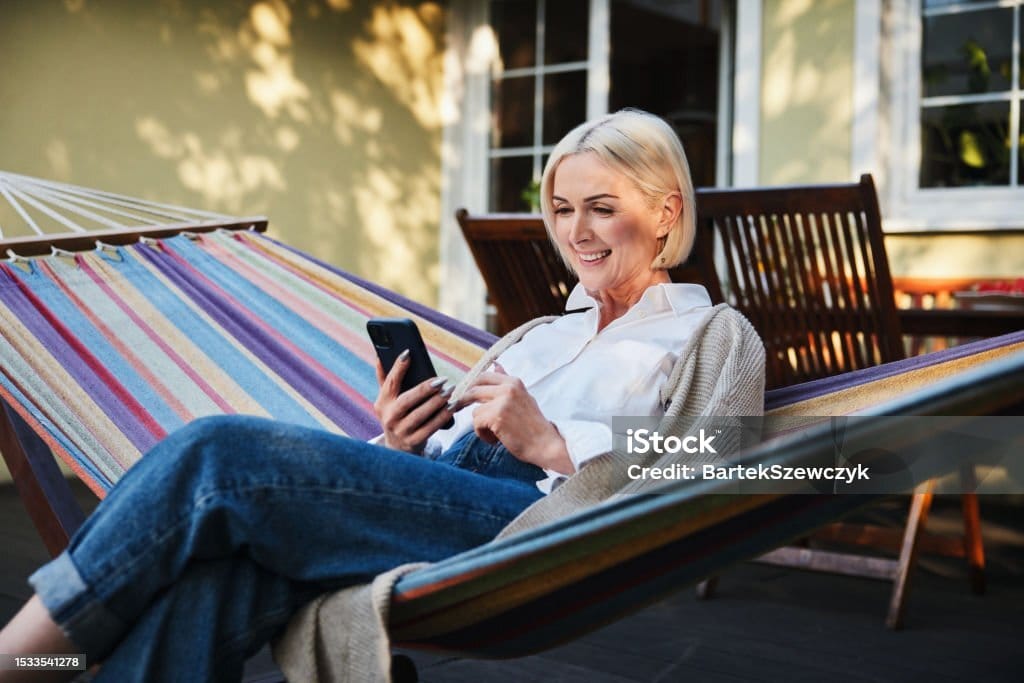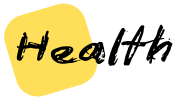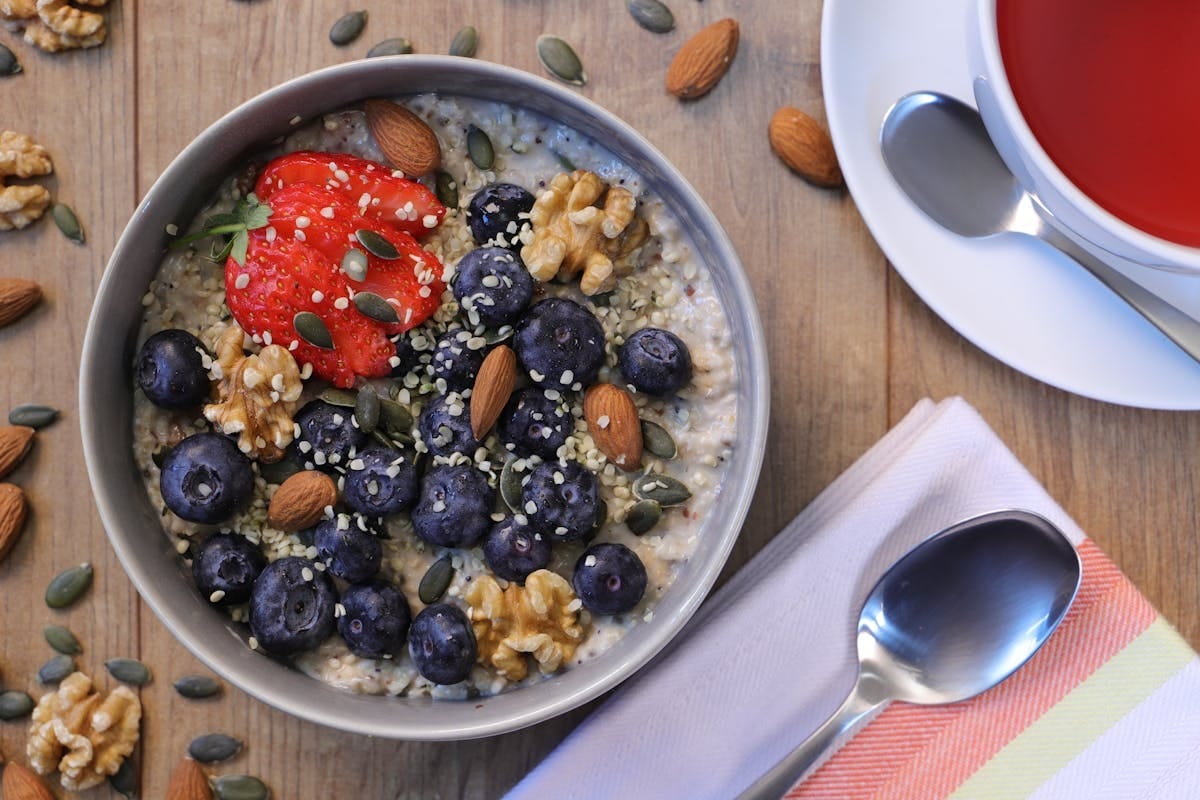- L-Plate Retiree
- Posts
- Retirement Roadmap: Buffett's Tips & Wellness Hacks!
Retirement Roadmap: Buffett's Tips & Wellness Hacks!

because retirement doesn’t come with a manual
Hello, fellow retirement explorers!
Welcome to another issue of L-Plate Retiree, where we navigate the uncharted waters of retirement together. Today, we're diving into Warren Buffett's favourite investment for everyday people, UCLA health experts' best wellness tips, a surprisingly simple fitness hack, and DIY methods to check how well you're aging. Let's jump in!

The quick scan: Markets ended the week with a bang as the S&P 500 finally cracked the 6,000 ceiling—like that neighbor who finally fixed their fence after you'd been dropping hints for months.
•S&P 500: Up 1.03% to 6,000.36, breaking above the psychologically important 6,000 mark for the first time since February
•Dow Jones: Surged 443.13 points (1.05%) to 42,762.87, apparently trying to one-up its index friends
•NASDAQ: Jumped 1.20% to 19,529.95, tech stocks partying like it's 1999 (but hopefully with better business models this time)
What's driving it: A surprisingly solid jobs report showed the economy added 139,000 jobs last month—not too hot, not too cold, just right for the Goldilocks economy everyone's been hoping for. Investors are breathing a collective sigh of relief that maybe, just maybe, we can have growth without the inflation monster crashing the party.
The S&P crossing 6,000 is like finally getting that satisfying "click" when closing a stubborn suitcase—it took some effort, but we made it. The index has now climbed over 1.7% since Monday, with Friday's rally pushing it over the edge.
Bottom line: After weeks of volatility, markets seem to have found their footing again. The S&P 500 hitting 6,000 could provide psychological support for further gains, but remember—round numbers are like birthdays, fun to celebrate but ultimately just another day in the journey. As always, this is just a snapshot—not financial advice! Your retirement strategy should be more thoughtful than your last-minute gift shopping.

Warren Buffett's Million-Dollar Secret: The Investment He Recommends for Almost Everyone

Roughly 70-75% of the companies in the S&P 500 are listed here!
The scoop: The Oracle of Omaha has spoken once again, and his advice remains refreshingly simple in our increasingly complex financial world. Despite market volatility and changing tariff policies, Buffett continues to champion one investment as "the best thing" for most people: the S&P 500 index fund.
This isn't just casual advice—Buffett literally put $1 million on the line in 2008, betting that an S&P 500 index fund would outperform a selection of hedge funds over 10 years. The result? The index fund earned nearly 126% returns while the hedge funds averaged a mere 36%. It's like bringing a calculator to a math competition while everyone else brought their lucky pencils.
The S&P 500 includes 500 of the largest and strongest companies globally, creating built-in diversification and resilience. Despite facing the dot-com crash, Great Recession, COVID-19 pandemic, and the 2022 bear market, the index has delivered over 300% returns in the past 25 years. That's staying power that would make a marathon runner jealous.
Actionable takeaways:
Keep it simple, smarty: Instead of chasing complex investment strategies or trying to time the market, follow Buffett's advice and consider an S&P 500 index fund as your core investment. It's like choosing the "easy" button for your portfolio.
Play the long game: Remember that the S&P 500 has weathered multiple major market crashes and still delivered 300% returns over 25 years. Your retirement investments are a marathon, not a sprint—unlike those 5K charity runs where everyone gets a medal regardless.
Ignore the noise: Market volatility is inevitable, but Buffett's approach suggests staying the course rather than reacting to every headline. Think of financial news like weather forecasts—interesting to know but not always worth changing your entire day over.

Financial Advisors Reveal Their Top 6 Retirement Strategies for 2025

The scoop: Financial advisors are telling their clients that retirement planning goes far beyond just investment returns. According to Investopedia, the emotional transition is just as important as the financial one.
Retirement isn't just about having enough money—it's about navigating a major life transition that affects your identity, daily routine, and emotional well-being. One key insight: Retirement spending often follows a "smile" pattern—higher in early retirement, stabilizing in the middle, and rising again later due to healthcare needs. Turns out your spending habits have better facial expressions than most passport photos.
Actionable takeaways:
Schedule a "feelings" meeting: Book a "Flourish Meeting" with a financial advisor to discuss both financial goals and identity transition. Yes, they want to talk about your feelings now, not just your finances.
Build your financial fortress: Maintain a cash reserve in high-yield accounts to avoid selling investments during market downturns. Think of it as your "sleep at night" fund.
Plan for health costs: Explore healthcare options before age 65, including ACA marketplace plans and subsidy opportunities. Because nothing says "retirement fun" like understanding deductibles.


The 40-Second Fitness Revolution: How One Tiny Daily Habit Changed Everything
The scoop: If you've ever felt like fitness just isn't for you—that you're more aligned with old socks than gym-goers—you're not alone. One writer shared their transformation story that began with a ridiculously modest goal: a 40-second plank every day for one week.
After years of failed fitness attempts and gym memberships that collected dust faster than vintage wine, they realized their approach was fundamentally flawed. Setting the bar sky-high guaranteed failure, just like fad diets that promise miraculous results by Tuesday.
Five years later, that 40-second commitment has evolved into a two-and-a-half-minute plank and various strength exercises performed daily. The domino effect has been remarkable: improved posture, increased confidence, a return to competitive swimming, healthier eating habits, smoking cessation, and better mental health—all traced back to that initial wobbly plank on a rainy Monday evening.
Actionable takeaways:
Start ridiculously small: Begin with just 40 seconds of planking daily—or whatever modest exercise feels doable—rather than committing to an unrealistic routine. It's like starting a diet by cutting out one cookie instead of swearing off all carbs forever.
Celebrate strength, not just size: Focus on how exercise makes you feel stronger and more capable, rather than obsessing over weight or appearance. Feeling your core engage properly is more satisfying than any number on a scale—and far less likely to ruin your day.
Find your childhood joy: Reconnect with physical activities you enjoyed when younger, like the author did with swimming. There's probably something you loved before spreadsheets and meetings took over your life.

Beyond Diet and Exercise: 8 UCLA Health Experts Share Their Best Wellness Secrets

The scoop: We all know the basics—sleep well, exercise regularly, eat your veggies—but UCLA Health experts have shared insights that go beyond these fundamentals to help make 2025 your healthiest year yet.
From geriatrician Dr David Reuben's emphasis on staying engaged and mentally stimulated to Dr Elizabeth Ko's suggestion to monitor your internal energy like a phone battery, these experts offer practical wisdom that's often overlooked. Dr Dana Ellis Hunnes advocates for whole, plant-based foods rich in fiber and antioxidants, while Dr Valentina Ogaryan takes a holistic approach to nourishing body, mind, and spirit.
Perhaps most surprising is Dr Lawrence Taw's simple yet effective recommendation: give yourself a foot massage with a golf ball or roller before bed. This practice grounds excess energy, stimulates acupressure points, and promotes relaxation—all without an expensive spa appointment or awkward small talk.
Actionable takeaways:
Treat your energy like your phone battery: Monitor what depletes and recharges you, then adjust accordingly. Unlike your smartphone, however, you can't just plug yourself into the wall when you hit 1% (though coffee sometimes feels close).
Make plants your friends: Incorporate more whole, plant-based foods into your diet for fiber, antioxidants, and anti-inflammatory benefits. Your body will thank you, even if your taste buds might need a brief adjustment period—like when you first tried coffee or wine and pretended to enjoy it.
Practice the STOP technique: When stressed, Stop, Take a breath, Observe how you're feeling, and Proceed with awareness. It's like hitting the pause button on your internal chaos machine before it manufactures a full-blown meltdown..

Beyond One-Leg Stands: The Smarter Way to Check How Well You're Aging

can you walk 1.32m/s?
The scoop: Social media is filled with quirky tests claiming to reveal how well you're aging—standing up without using your hands or balancing on one leg while brushing your teeth. But according to researchers, these viral challenges miss the bigger picture of what "aging well" truly means.
Aging well encompasses physical, cognitive, emotional, and social dimensions—no single test can capture this complexity. While research has identified useful markers like walking speed (with speeds above 1.32m per second associated with lower mortality, jokingly framed as "too fast for the Grim Reaper to catch"), most require specialized equipment to measure accurately.
The article offers practical DIY alternatives, including cognitive tests like the trail-making test (connecting numbers and letters in sequence) and the Stroop task (saying the color of a word, not the word itself). These measure cognitive flexibility—the ability to handle competing demands, which becomes increasingly important as we age.
Actionable takeaways:
Test your brain, not just your biceps: Try cognitive challenges like the trail-making test or Stroop task to assess mental flexibility. Your brain needs workouts too—and these are more fun than doing the newspaper's daily Sudoku puzzle that you abandon halfway through.
Check your emotional dashboard: Use tools like the Scale of Positive and Negative Experience to monitor your emotional well-being, which may be more important than physical metrics. Consider it a weather report for your internal climate.
Focus on what matters to you: Remember that aging well isn't about acing arbitrary tests but about maintaining the functions that support your values and lifestyle. The best measure isn't how long you can stand on one leg, but whether you can still do the things that bring you joy—like reaching the top shelf where you hide the good snacks.
What We’re Watching
We're keeping an eye on the potential impact of new tariff policies on retirement investments, innovative approaches to longevity research, and the growing trend of "unretirement" as more people return to work after initially retiring. Stay tuned for deep dives in future issues!
Until next time,
The L-Plate Retiree Team
P.S. Found this newsletter helpful? Forward it to a friend who might benefit, or hit reply to share your own retirement insights! After all, retirement planning is like cooking—it's always better when you share the recipe.
Reply